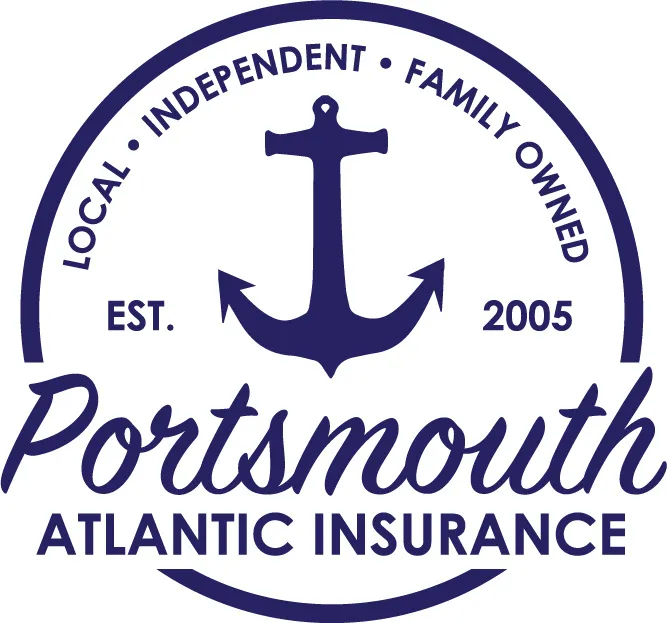Our Guide to Landlord Insurance: What You Need to Know to Protect Your Rental Property
As a landlord, protecting your investment should be a top priority. Landlord insurance is a very important tool which safeguards you against potential financial losses associated with your rental properties. Differing from standard homeowners insurance policies, landlord insurance is designed to specifically protect property owners who rent out their properties, whether it’s a single-family home, a duplex, or a multi-unit apartment complex. In this post, we’ll be going over what landlord insurance covers, why it’s an essential component of any landlord’s proper real estate plan, and how to best select the right policy for your specific needs.
Understanding Landlord Insurance
Landlord insurance provides coverage for property owners who are renting out their properties to tenants. The protection offered to landlords is not only for the physical property, but it’s also for the income generated from said properties. Below is what is typically covered under a standard landlord insurance policy:
Property Damage: Property damage to physical property due to fire, storms, vandalism, or other covered perils is typically covered under the property damage coverage area of landlord insurance. This coverage will include the dwelling itself and often other structures within the property lines such as garages or sheds.
Loss of Rental Income: If your rental property becomes uninhabitable due to a covered loss, the loss of rental income coverage helps to protect and compensate you for your lost rental income during the repair process.
Liability Protection: Liability protection is crucial, as tenants or visitors alike may pose a risk as they could suffer an injury due to a property maintenance issue. This specific coverage can protect you from legal expenses and medical bills associated with an incident within your rental property.
Legal Fee Coverage: Some policies will include appropriate levels of coverage for legal fees associated with eviction processing of tenants, defending lawsuits, and other legal challenges landlords may face.
Why You Need Landlord Insurance
Financial Protection: Owning rental properties involves a set of risks, including potential damages to your properties and the possibility of lawsuits. Landlord insurance may help to mitigate these financial risks, thereby protecting your investment and rental income.
Compliance with Lender Requirements: Many mortgage lenders who work with landlords through financing their rental properties will often require some form of landlord insurance coverage as part of their conditions when servicing the loan for the rental properties.
Peace of Mind: In addition to all of the above, having the peace of mind knowing your landlord insurance policy allows you to better manage and mitigate risks associated with your rental properties will offer you a newfound peace of mind.
Choosing the Right Landlord Insurance Policy
Assess Your Needs: Properly assessing your needs by considering the specific risks associated with your rental properties’ locations and types of property will put you in a better position if you ever need to make a claim in the future. Rental properties in areas which are prone to flooding, earthquakes, or other natural disasters will likely require additional levels of coverage not typically included in your standard landlord insurance policy.
Compare Coverage Options: You’ll want to shop around and compare coverage options available to you as a landlord for your landlord insurance coverage. Be sure to seek out landlord insurance coverage which covers property damage, liability risks, and loss of income. Additionally, ensure the policy limits are sufficient enough to cover your entire property value and potential legal costs.
Check Policy Exclusions: Understanding what is covered and what is not covered under your landlord insurance policy is crucial. Some common exclusions could include tenant belongings, natural wear and tear of the property, and deliberate damage by the tenants. You’ll need to advise tenants to obtain their own renters insurance to properly cover their personal belongings.
Consider Additional Coverage: Depending on your unique situation, you may want to add extra coverage for certain scenarios such as flooding, earthquakes, or an umbrella insurance policy for extended liability protection.
Cost of Landlord Insurance
The cost of landlord insurance will vary, but you can expect it to be about 15-20% more than a standard homeowners insurance policy, primarily due to the increased level of risk the insurer is taking on by insuring your rental properties. The factors which will likely influence the costs of landlord insurance include everything from the property’s specific location, the size of the property, the age of the property, and the intended coverage amount.
Regular Review & Adjustment
It’s very important to regularly review and adjust your landlord insurance according to your needs, especially after making significant changes or upgrades to any of your properties. Also, the rental laws may change within your area, and you may need to update your policy to comply with the updated laws to ensure you remain fully protected.
Choose Portsmouth Atlantic Insurance for All of Your Landlord Insurance Needs
Landlord insurance is a truly essential part of being a landlord and renting out your property. By having a greater understanding of landlord insurance and obtaining the right level of coverage, you can find yourself and your investment better protected from most risks associated with being a landlord. Take the time to properly review your needs and options carefully, and be sure to contact us to ensure your rental properties and rental income are protected. We look forward to hearing from you soon.
